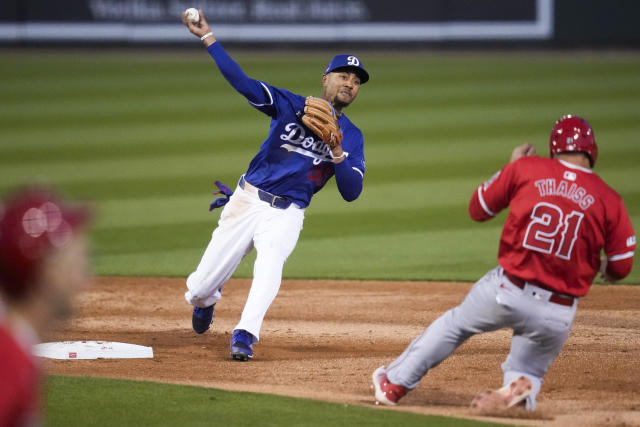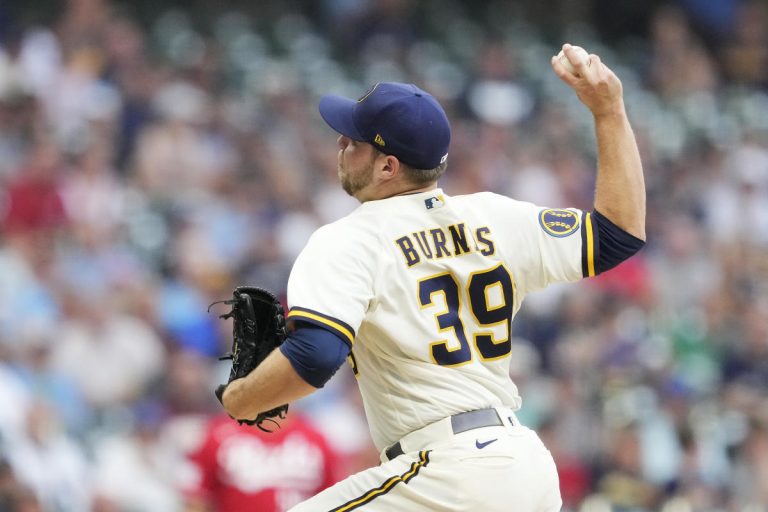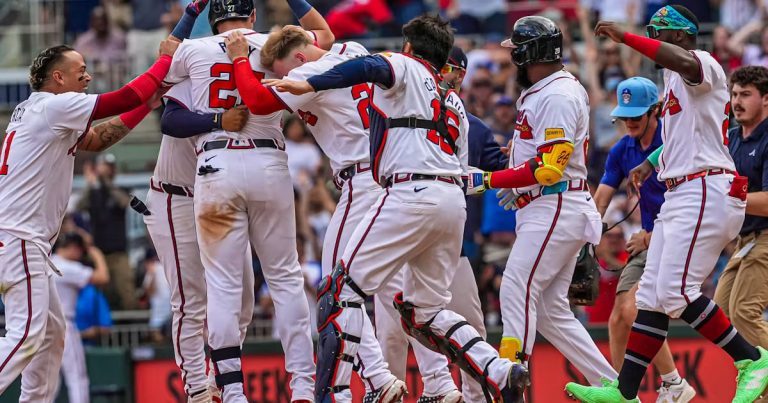Mookie Betts’ Transition to Shortstop: A New Chapter for the Dodgers
In a surprising move, the Los Angeles Dodgers have shifted outfielder Mookie Betts to the shortstop position, as announced by manager Dave Roberts. This decision was evident in Friday’s spring training game against the Cincinnati Reds, where Betts took the field at shortstop, while Gavin Lux assumed duties at second base.
Although Roberts described the move as “permanent, for now,” Betts’ debut at shortstop encountered some initial challenges. In the first inning, the first ball hit towards him resulted in a mishandling, as he attempted a backhand play that ultimately eluded his glove and trickled into the outfield. Additionally, a subsequent attempt to turn a double play with Lux ended in an errant throw, allowing the baserunner to reach safely.
Check our baseball tips and predictions!
The game was ultimately postponed due to rain, with the Dodgers trailing 4-0 heading into the sixth inning. Reflecting on Betts’ transition, Roberts acknowledged that it was an unexpected development for both Betts and the team.
Just weeks prior, general manager Brandon Gomes had asserted that Lux would “absolutely” be the Dodgers’ shortstop. However, circumstances have evolved, leading to Betts’ emergence as the primary shortstop for the upcoming season opener against the San Diego Padres in Seoul, South Korea.
Lux’s previous experience at second base was marred by an ACL injury last season, and his performance in spring training, particularly in throwing, raised concerns. In light of these factors, the Dodgers made the strategic decision to transition Betts to shortstop, aiming to optimize their defensive alignment for the season ahead.
Betts’ move to shortstop places him in rare company in Major League Baseball history. With extensive experience as an outfielder and occasional stints at second base, Betts becomes only the second player, alongside Ed Delahanty, to have played over 1,000 games in the outfield, 100 at second base, and 10 or more at shortstop. This unique distinction highlights Betts’ versatility and adaptability on the field.
As Betts embarks on this new role, he remains committed to supporting Lux and fostering a cohesive defensive unit. Despite the positional change, Betts reassured Lux that their partnership remains unchanged, emphasizing their shared responsibility in anchoring the middle of the field.
In essence, Betts’ transition to shortstop represents a strategic adjustment by the Dodgers, driven by the team’s commitment to maximizing defensive prowess and adapting to evolving circumstances. With Betts at the helm of the infield, the Dodgers aim to fortify their defensive lineup and contend for success in the upcoming season.







